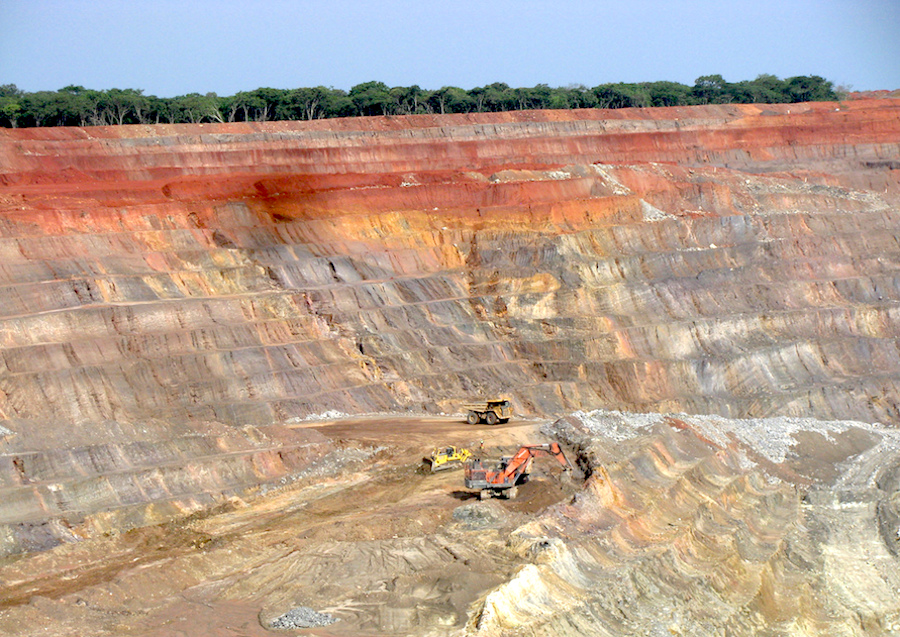Zambia says mines have failed to show impact of higher taxes

Mining companies operating in Zambia have failed to show how higher taxes introduced this year will affect their profitability despite objecting to the new framework, a senior government official said on Thursday.
The country, Africa’s second-largest copper producer, increased its sliding scale for royalties of 4 to 6 percent by 1.5 percentage points from Jan. 1 and introduced a new 10 percent tax when the price of copper exceeds $7,500 per tonne.
“We wanted them to show how the new taxes will affect production and profitability but so far we haven’t received anything”
Zambia also plans to replace value-added tax with a sales tax by April to help bring down mounting public debt.
The Chamber of Mines said last month that as a result of the changes, more than 58 percent of Zambia’s copper producers would be loss-making at current prices.
Paul Chanda, permanent secretary for mines, said his ministry had asked individual mining companies to provide financial models by Friday last week on how the new taxes would impact them, but none had done so.
“We wanted them to show how the new taxes will affect production and profitability but so far we haven’t received anything,” Chanda told Reuters.
“Two mining companies have written to us asking us to give them more time but we haven’t heard anything from the others.”
Mining companies may lay off more than 21,000 workers because of reduced capital expenditure over the next three years resulting from the higher taxes, the Chamber of Mines said last month.
Mining accounts for more than 70 percent of Zambia’s foreign-exchange earnings. Companies operating in the southern African nation include First Quantum, Glencore, Barrick Gold Corp and Vedanta Resources.
(Reporting by Chris Mfula; Editing by Dale Hudson)
More News
{{ commodity.name }}
{{ post.title }}
{{ post.date }}




Comments